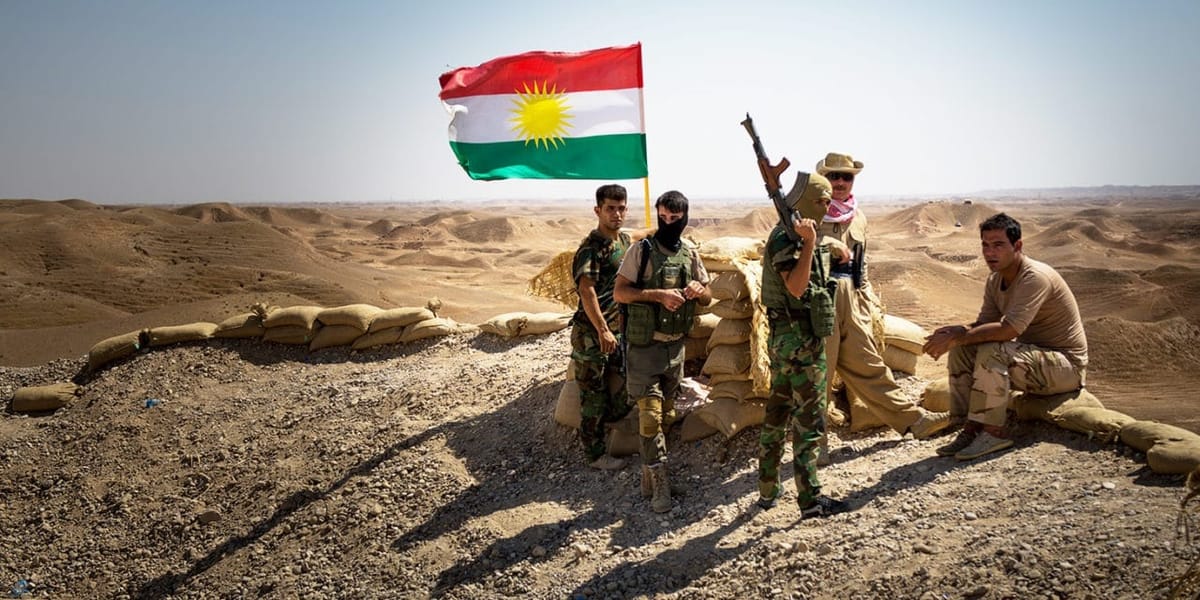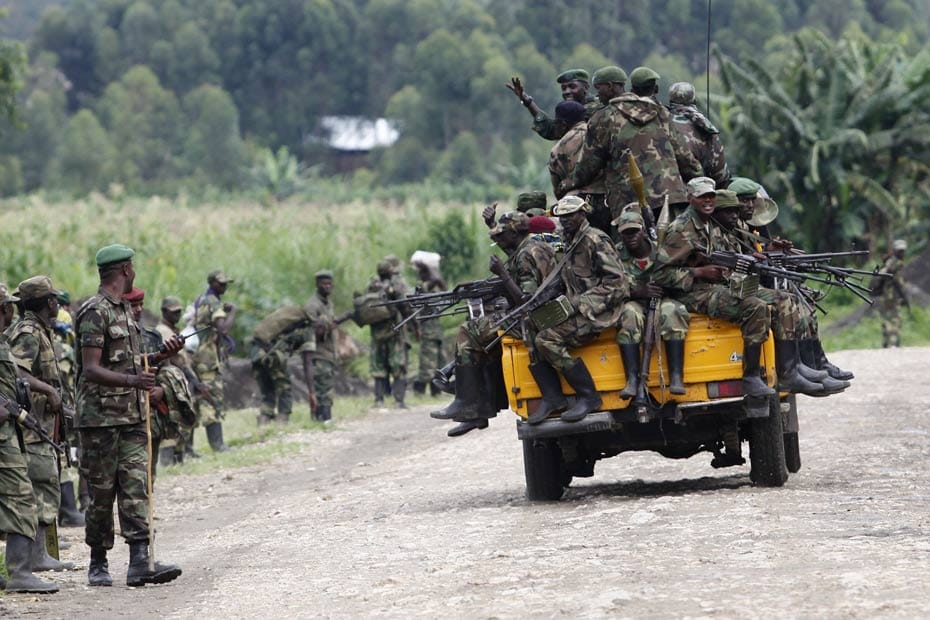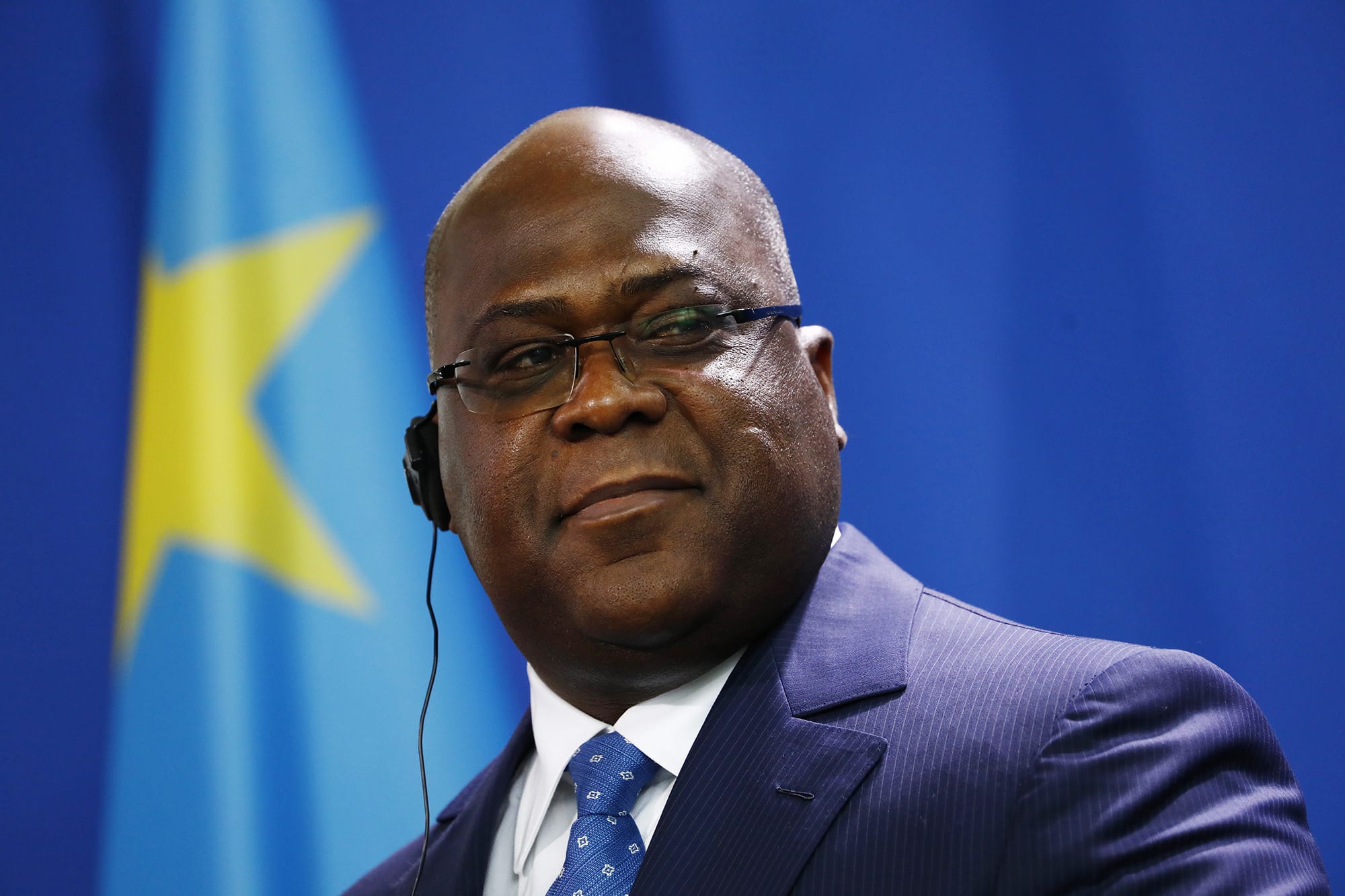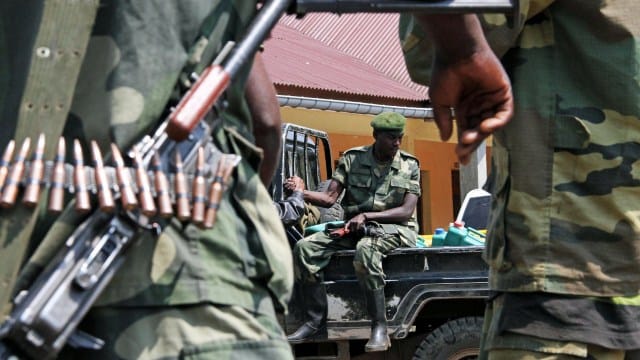Could the Iraqi-Kurdish model also work to solve the ongoing problems in the Congolese Kivu region? Tshisekedi’s stubbornness is pushing the conflict into that direction.

Some weeks ago, there were a couple of signs that the war in the DRC could be stopped via negotiations: the Angolan government invited Congolese and Rwandan delegations over to Luanda and a temporary cease fire was agreed on. Rwanda had insisted on the disarmament and the total neutralization of the FDLR. But it had shown its willingness to talk. Apart from some minor incidents caused by the FDLR and a couple of Wazalendo groups, the cease fire was respected. Unfortunately, the follow up meeting went wrong: Rwanda insisted that the Congolese government should talk to the M23, and Tshisekedi is still standing on his decision not to. In his narrative, he keeps repeating that the M23 are in fact Rwandan troops and his propaganda machine in Kinshasa keeps fueling the ongoing war with all kinds of arguments that have already be proven wrong in the recent past. The last news we are picking up from Congo is that the FARDC (the Congolese army) is preparing another offensive in the Kanyabayonga region and in Sake, but of course the M23 is waiting for them. People are losing their hope on those kinds of negotiations. They are getting convinced that even if there were a new negotiated peace deal, Kinshasa would, once again, use it as toilet paper so that soon another war would break out. Another thing that became a standing fact is the new conviction of the M23 not to give up the terrain they gained on the FARDC. With or without negotiations, the geopolitical reality in the region is turning into a deadlock. Many observers agree on this, so what could be a better solution?

Deadlock
A foreign diplomat in Kinshasa is very clear about this: “The stubbornness of Tshisekedi is becoming an obstacle for a long-lasting peace agreement. He already lost the war against the M23 but that is not an issue for him as he can continue sending poorly trained wazalendo, FDLR- and Nyatura fighters and poorly motivated Burundian troops on the frontline. For him those people are just canon fodder. Guys like Tshisekedi and Kabila do not think in terms of peace and security for their people, they only think about their personal gains. In this scenario Kinshasa is becoming a bottle neck out of which these mafiosi can filter as much money as they want. Until recently the Congolese president could still count on foreign support but know I even hear some Americans say that he should recognize the hopeless position he is pushing his country into.”
“The Rwandans are showing the outside world that they want to negotiate, and they really want to put an end to all the problems in eastern Congo,” continues another foreign observer. “But we all know that negotiated peace deals in Congo never last long. Any other Tshisekedi like person can gain power in that country and start picking on the Rwandan speaking community again. The country has lost its structure, the population has lost its reference to judge what is good or bad and can easily be influenced. While some people talk about negotiations Tshisekedi is receiving the top Hutu radical Jean-Luc Habyarimana. This is the son of the former Rwandan president Juvenal Habyarimana whose clique was responsible for thousands of deaths during the 1994 genocide against Tutsis. Kinshasa is financing the radical Rwandan Hutu opposition in Europe. Their aim is to discredit and diabolize the current Rwandan leadership, to start up a new civil war in Rwanda. Some of these people are politically connected with several political parties in Europe such as the CD&V (katholics) in Belgium and the socialists in France. Their ever-smiling members are hiding themselves behind ‘democratic’ and ‘pro human rights’ shields. This lobby that stretches even further to people such as Paul Rusesabagina and his daughter Carine Kanimba succeeded already to convince the European and the American public opinion to be a better alternative. If Rwanda insists on disarming and neutralizing the radical FDLR, the military wing of this lobby, they also know that by catching a couple of their leaders the others will vanish into the jungle. These radicals are now fighting under the banners of the FARDC and the wazalendo. Tshisekedi distributed thousands of weapons amongst the population. Solving this situation might take years. That’s also why the M23 will probably refuse to be disarmed, to be integrated into the Congolese army and to be cantoned in a far away place. To be able to bring back their refugees from abroad, their safety must be guaranteed. They can only do this themselves. More and more people are becoming convinced that with or without negotiations the best solution for peace in the future can only be guaranteed when they take this destiny into their own hands. The simple fact that Tshisekedi has armed all the crooks and the militias in the region makes it impossible for the M23 to lower their guard, even under a new peace deal.”

Kurdish model
In discussions with several observers and diplomats some of them referred to Iraq where the Kurds took the administration and the defense of their region into their own hands after the last Gulf war and the war against ISIS. The Kurds also had their own ‘peshmerga”-militias, and they did most of the fighting against ISIS. In countries such as Syria, Turkey and Iran Kurds also fight for their independence. In Iraq they could benefit from a power vacuum to organize their own administration and their own defense. The initial idea was to become an independent country but finally they left the backdoor open for talks with the central Iraqi government so that today Iraqi Kurdistan is still a part of the greater Iraq, without allowing the Iraqi army on its soil. Although this new Kurdish project is a thorn in the eye for the Turks, the Syrians and the Iranians who do not wish to see this happen in their own countries, it brought extra stability to this region. During the past month, many of our contacts referred to this as a possible solution for the Congolese Kivu’s. If not one of the only ones!

The Kurds have been lied to several times by the Americans and the English who used their peshmerga’s (fighters) to fight the Syrians, the Iraqis, the Iranian Muslim government and ISIS but after each war the Turks stepped in to put pressure on the Americans to drop their support. Turkey also has a big problem with the PKK, a very popular and leftist Kurdish rebel group that has been fighting the government in Ankara for years now. So, they decided to take their faith into their own hands and so far, this could only work in Iraq.
Tshisekedi lost the war
“When we analyze what is going on in the Kivu’s and well knowing that with or without a negotiated peace deal with Kigali and the M23, Kinshasa will probably never respect this in the future. This formula might actually also work here in the African Great Lakes Region, a semi-autonomy might be the only solution,” tells us a foreign observer who just visited the M23 in Congo. “The stubbornness of Tshisekedi is pushing his enemies into possible scenarios like that. De facto Kinshasa is already technically knocked out on the battlefield and most of his old friends are starting to understand that he is the biggest obstacle now to settling this problem. On the other hand, the Congolese Tutsi community and the Rwandans have also been often lied to in previous peace deals. The fact that those deals were never respected by Kinshasa has convinced a lot of them not to repeat the same mistake. The M23 is in a very strong position: in possible negotiations they will refuse to withdraw, even without any Rwandan involvement. The only thing they still lack is a well-studied political view and political experience.”

“It would not like to call this Iraqi Kurdish example stupid,” adds a high ranking M23 official to this discussion. “We are offering Kinshasa the possibility to settle our problems in a peaceful way. But they keep pushing us back. On the battlefield we are playing ping pong with them. They are even putting pressure on the Angolans not to talk to us. We even allow them to keep Goma and Bukavu for the time being. We are as Congolese as they are. You are not the first ones to talk about this. We do not like to machine gun down their advancing troops as we know very well that Tshisekedi is using them as canon fodder. And it will be a hell of a job to root out the FDLR. Our cause is simple: we want a lasting peace deal that can allow our families to return home. The clock is ticking! We do not want to separate the Kivu’s from the rest of Congo. In the meanwhile, we do not trust the existing legal frame to survey a possible peace deal. Institutions such as the UN have always discriminated us in the past. The Congolese constitution is outdated. In our midst the conviction is growing to take things into our own hands. We understand that it will be difficult for the international community to understand this but if they are honest with themselves, they’ll have to agree. Or at least force Tshisekedi to play ball in a more correct way.
Adeline Umutoni & Marc Hoogsteyns. Kivu Press Agency
